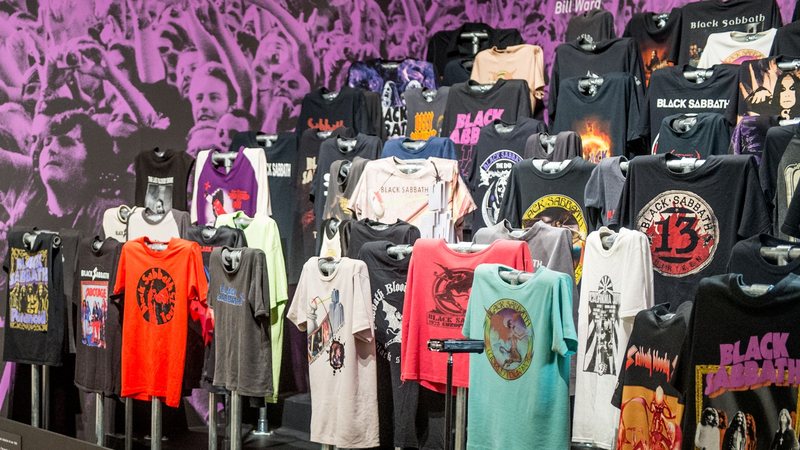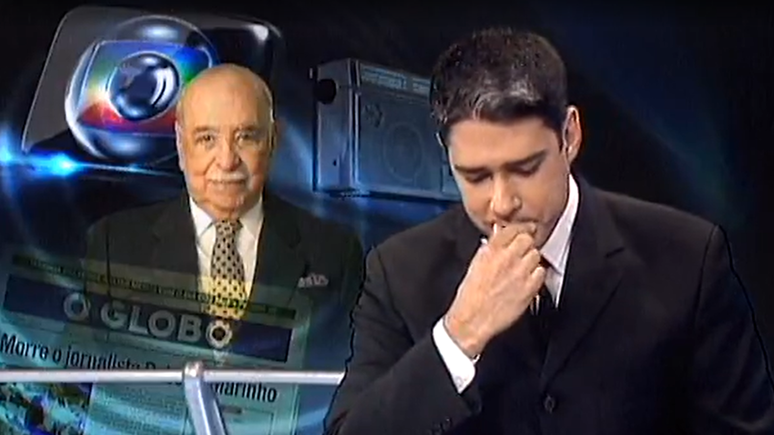Jack Gibson, bassist for Exodus, gave a harsh statement regarding the current situation in the recording industry; Joe Bonamassa disagrees
With the advent of music streaming platforms and the decline in consumption of physical formats such as CDs and vinyl records, artists began to depend more on shows and merchandising sales to make money. This leads some musicians to have very negative opinions about the current scenario.
It is the case that Jack Gibson. The bassist of Exodusa veteran thrash metal band, appeared pessimistic when commenting on their own work in an interview with the TV channel Danielle Bloom (via Igor Miranda). In his view, professional acting consists of trying to get fans to buy t-shirts at shows.
Gibson he said:
Once they started giving music away for free, the market dried up. We don’t sell any records. If we don’t tour and sell t-shirts, we don’t make any money. Today I’m a t-shirt salesman, not a musician. I’m literally a trinket peddler. That’s what we do. We play music to try to get people to the merch booth and sell them our printed stuff. That’s the deal.”

The musician seemed even more discouraged when he addressed the issue of technological development. Gibson believes that artificial intelligence could put an end to artists’ jobs in the relatively near future.
At any moment we’re all going to lose our jobs to these shitty robots. When AI figures out how to actually make music that people love, they won’t pay us to do anything else.”
The counterpoint
The speech of Jack Gibson generated a comment from an artist from a very different niche than thrash metal: blues rock. In an interview with Blues Rock Review (via Rock Celebrities), Joe Bonamassa discussed the current situation of the music industry and the acidic statement of his professional colleague.
The guitarist recognizes the difficulties, but seems more hopeful than the bassist of the band. Exodus. Joe stated:
I hear from touring artists that, like everything, the cost of doing business is high. Gasoline, hotels, meals and all the things on the road that you need to pay for are more expensive now. The (profit) margins are smaller. I read an article where someone said, ‘I’m not a musician, I’m a t-shirt salesman’. And I was like, ‘That’s a pretty cynical way to look at it.’”

However, Bonamassa agrees that the situation is getting more complicated. The guitarist concluded by highlighting that it is still expensive to record his work — with studios charging “two thousand dollars a day”.
Collaborated: André Luiz Fernandes.
Source: Rollingstone
Earl Johnson is a music writer at Gossipify, known for his in-depth analysis and unique perspective on the industry. A graduate of USC with a degree in Music, he brings years of experience and passion to his writing. He covers the latest releases and trends, always on the lookout for the next big thing in music.









